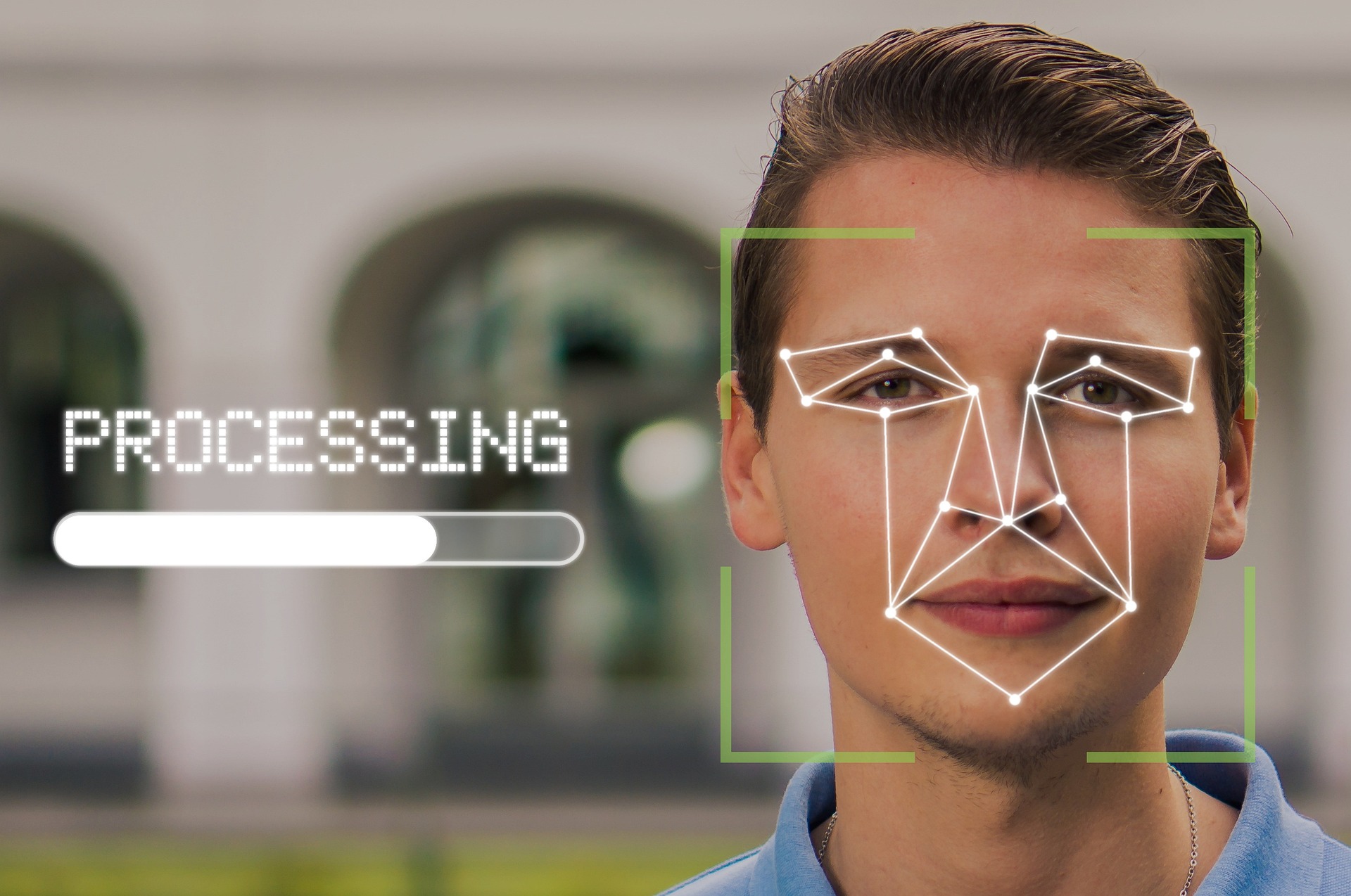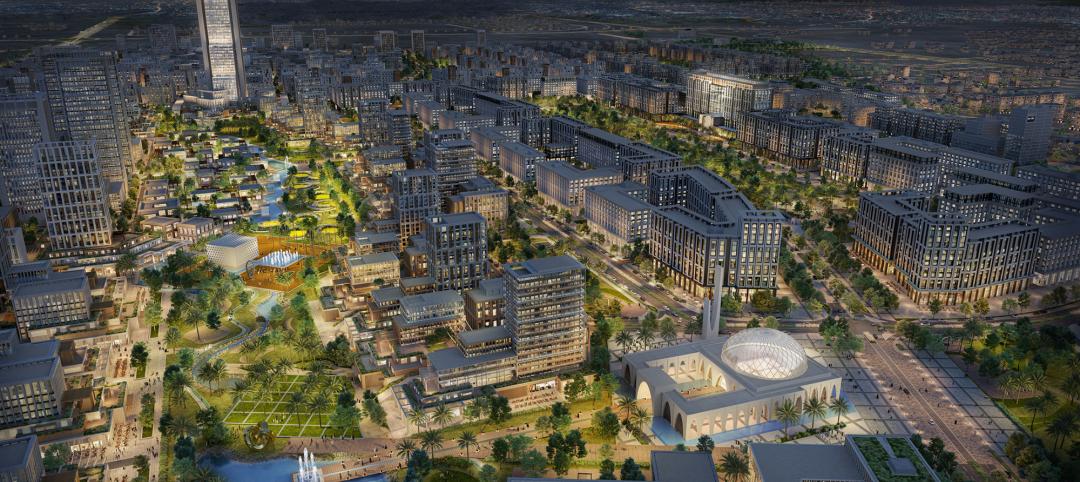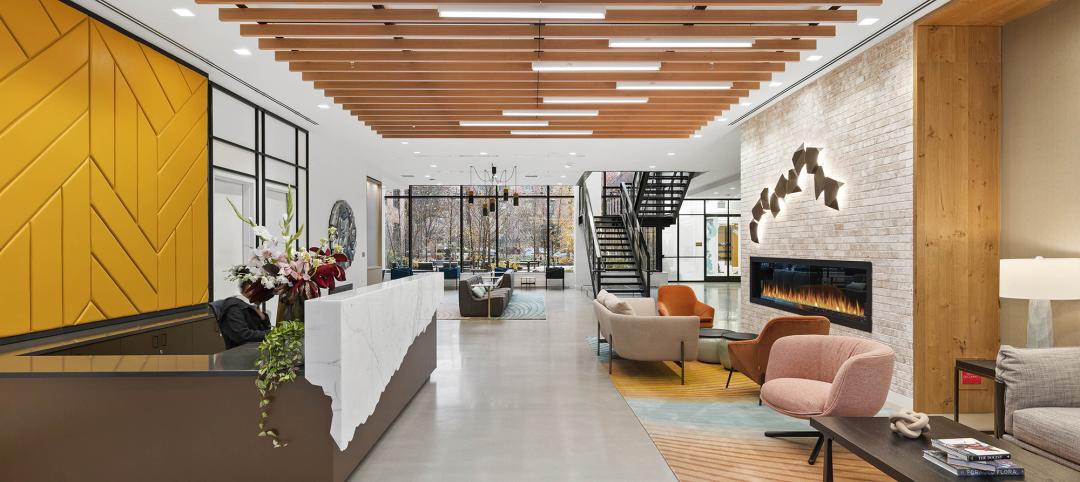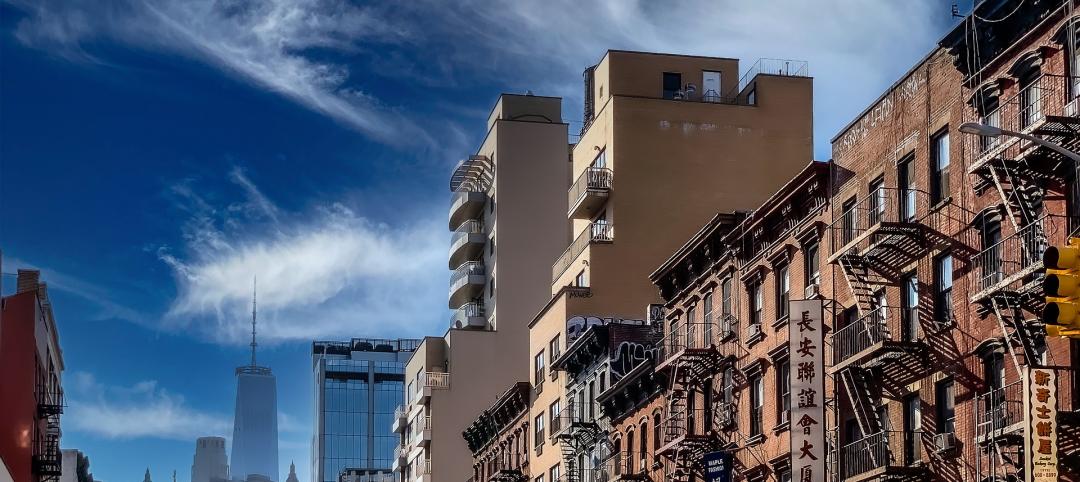Two members of the U.S. House of Representative have asked the Department of Housing and Urban Development to end the use of biometric technology, including facial recognition, for surveillance purposes in public housing.
Congresswomen Maxine Waters and Ayanna Pressley say that the technology could inaccurately identify residents of color leading to wrongful penalties. The effect could be to harass or punish residents for minor rule infractions, they asserted.
“These policies run directly counter to the goal of increasing housing stability and fairness through HUD-provided housing, which is all the more critical in light of the devastating housing crisis facing our nation,” the lawmakers wrote. “Your agency must act in this critical moment to ensure public housing and HUD-assisted housing residents are not targeted by these discriminatory surveillance systems.”
Multiple studies of facial recognition technology have pointed to divergent error rates across demographic groups, with women of color the least likely to be accurately identified. A 2018 Massachusetts Institute of Technology study found that three commercially released facial analysis programs had a margin of error of between 20% and 34% when identifying dark skinned women, compared to 0.8% or lower for light-skinned men.
Related Stories
MFPRO+ News | Jul 24, 2024
Most popular cities for renters mid-2024
Rental activity in the U.S. continues to grow halfway through 2024. With the work-from-home boom stabilizing, more renters are eying desirable cities to relocate to.
MFPRO+ News | Jul 22, 2024
6 multifamily WAFX 2024 Prize winners
Over 30 projects tackling global challenges such as climate change, public health, and social inequality have been named winners of the World Architecture Festival’s WAFX Awards.
MFPRO+ News | Jul 15, 2024
More permits for ADUs than single-family homes issued in San Diego
Popularity of granny flats growing in California
Vertical Transportation | Jul 12, 2024
Elevator regulations responsible for some of ballooning multifamily costs
Codes and regulations for elevators in the United States are a key factor in inflating costs of multifamily development, argues a guest columnist in the New York Times.
MFPRO+ New Projects | Jul 10, 2024
3 noteworthy multifamily projects for July 2024
These three multifamily projects on our radar include an artist-inspired complex, seven-acres of senior housing, and a budget-conscious rental community.
MFPRO+ News | Jul 8, 2024
Boston receives 304 new market-rate and affordable housing units
The Smith No. 99 in Boston, Mass., is a new 305,000-sf mixed-use apartment community featuring 304 market rate and affordable housing units.
MFPRO+ News | Jun 25, 2024
New York mayor releases multi-year plan to address affordable housing crisis
The plan seeks to create and preserve affordable housing. It will incentivize the inclusion of permanently affordable and rent stabilized housing in new, multi-family construction projects.
MFPRO+ News | Jun 24, 2024
‘Yes in God’s Backyard’ movement could create more affordable housing
The so-called “Yes in God’s Backyard” (YIGBY) movement, where houses of worship convert their properties to housing, could help alleviate the serious housing crisis affecting many communities around the country.
Senior Living Design | Jun 13, 2024
Crystal Pacific Windows bring sunshine to senior living community
Crystal Pacific Window & Door Systems, the West Coast production affiliate of national manufacturer Crystal Window & Door Systems, recently supplied over 400 energy efficient vinyl windows for a new affordable housing community in San Diego, Calif.
Affordable Housing | Jun 12, 2024
Studio Libeskind designs 190 affordable housing apartments for seniors
In Brooklyn, New York, the recently opened Atrium at Sumner offers 132,418 sf of affordable housing for seniors. The $132 million project includes 190 apartments—132 of them available to senior households earning below or at 50% of the area median income and 57 units available to formerly homeless seniors.

















